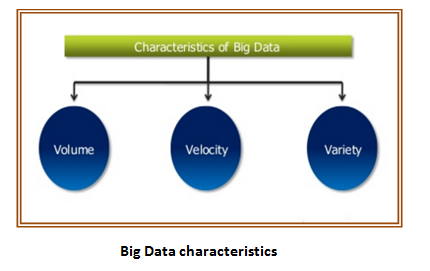Cloud Technology brings new opportunities and potentially disruptive changes to small businesses. Many small and medium-sized businesses have now realized the changes brought by Cloud Computing. It is estimated that 80% of the small businesses in U.S. will have fully adapted to Cloud Computing by 2020.
Here are the top 4 reasons why you should consider migrating to Cloud:
1. Easier Collaboration: Cloud Computing offers the ability to save and access various files on the Cloud to multiple people. Employees can easily collaborate and work on the same master document with the help of collaboration tools like Google Drive. Employers can also upload their documents and can control what their employees can access. This collaboration also helps the small businesses in improving their efficiency by helping the business owners to track and manage individual performance on assignments.
2. Improved Flexibility: In today’s mobile world, people demand greater flexibility. Cloud Computing allows remote access to the work-related files and information. With the help of Cloud Computing, employees can access work materials when they’re not at work or working from outside of the office. They also have an option to bring their own devices to work which helps in additional cost savings for small businesses.
3. Reduced Expenses: The goal of every business is to cut down the operational costs and to improve the efficiency whenever possible. The greatest benefit of moving to Cloud is that the services are available at a flat-rate monthly fee for users according to their bandwidth requirements without any upfront costs. Also, moving from in-house servers to Cloud servers eliminate the dependability on the IT support staff further reducing the costs and improving the efficiency.
4. Better Integration: Cloud computing enables small businesses to integrate their various departments to make them work in sync with each other so that business owners can put more time to focus on the critical business areas. For example, for an FMCG company, the field sales personnel can update the available stock in the application hosted on Cloud and the production department can procure the raw material for production accordingly.
Overall, there are many benefits of Cloud Computing for small businesses. It is important for every business owner to always look out for the most effective, yet economical solutions possible to gain maximum efficiency.
Are you ready to migrate to Cloud? Contact Sysfore’s Cloud experts for your free in-depth analysis to see how simple and cost effective it is to implement a robust Cloud Backup / Disaster Recovery plan for your Enterprise. Write to us at info@sysfore.com or call us on +91-80-4110-5555 to know more.

